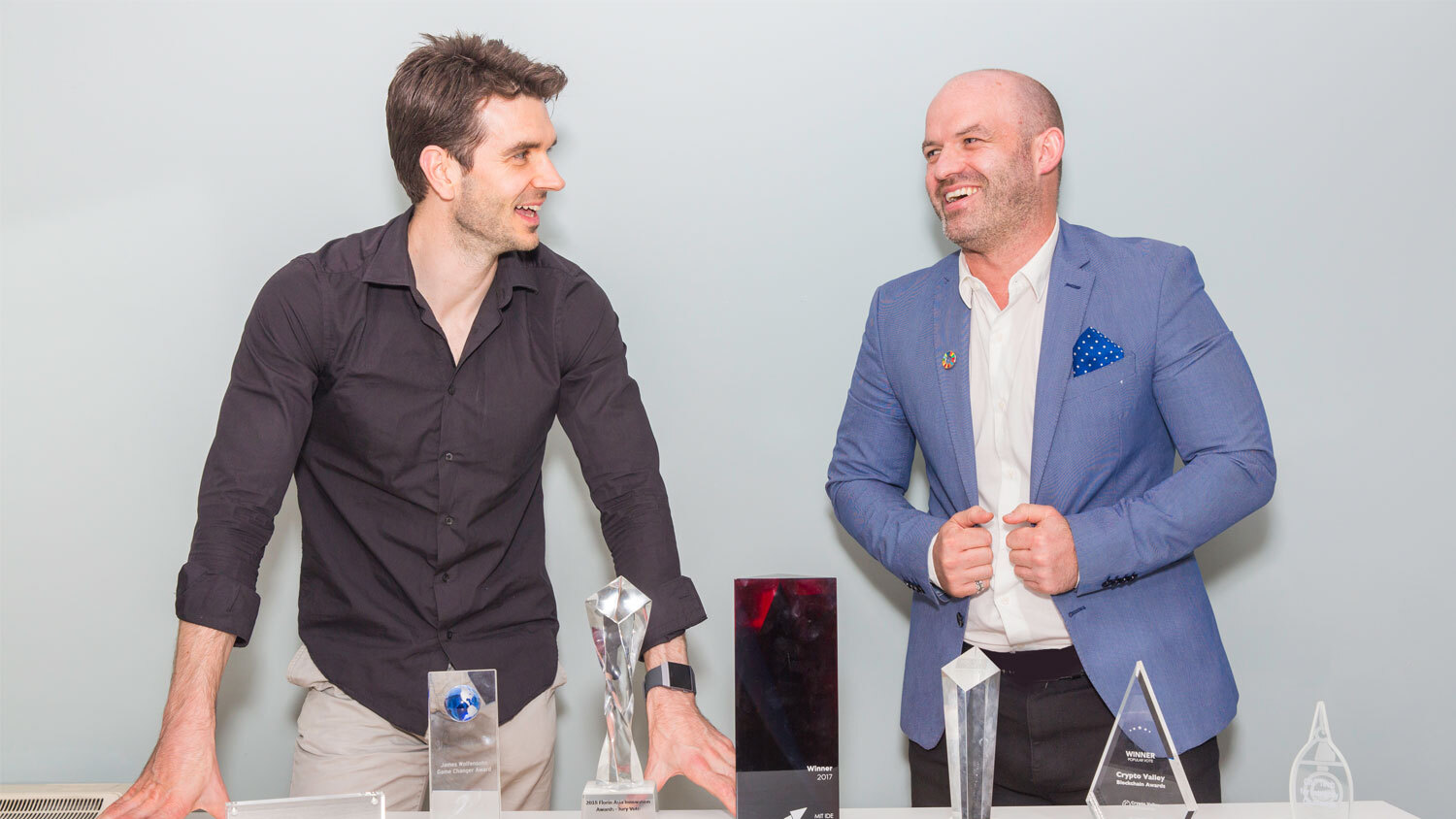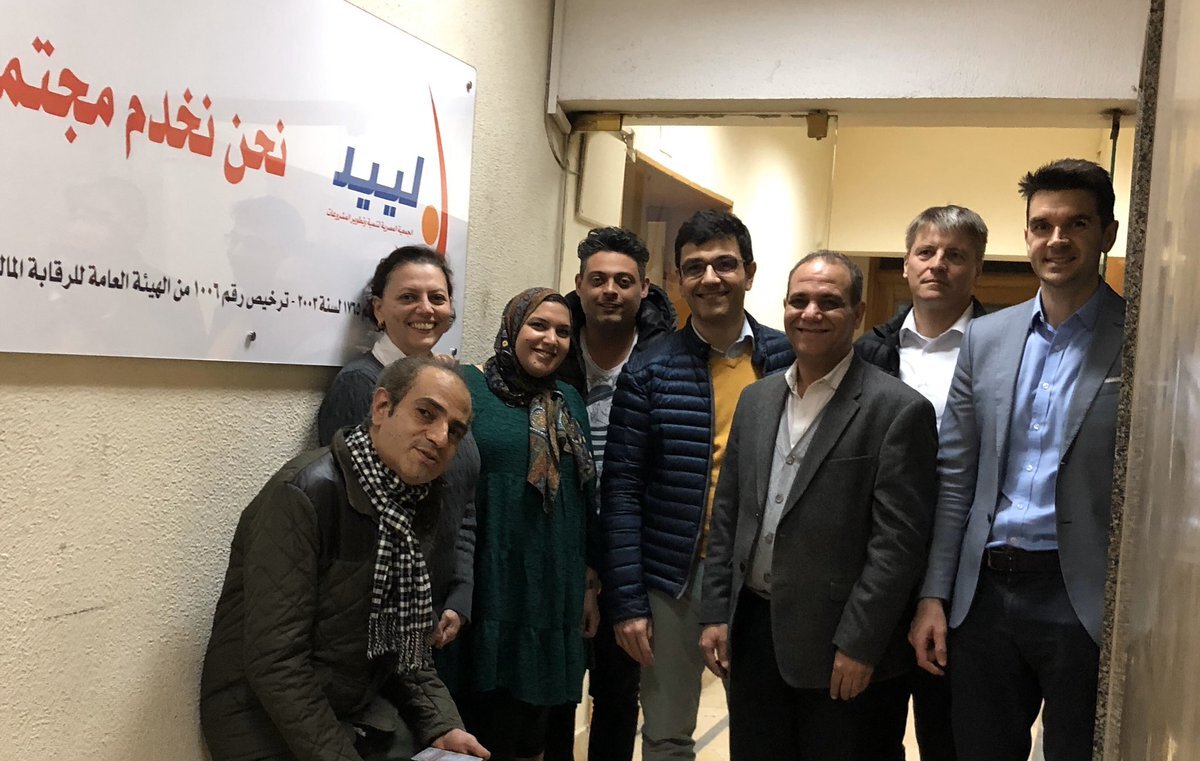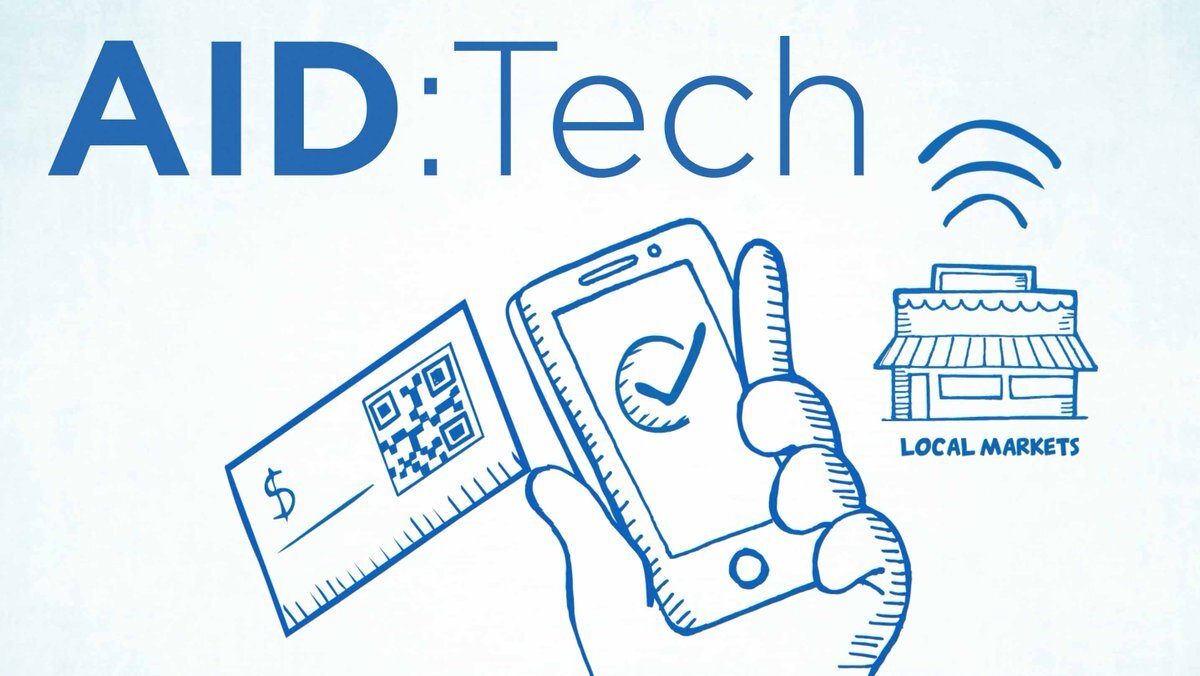Identity Review | Global Tech Think Tank
Keep up with the digital identity landscape.
Goal 16 of the United Nations’s 17 Sustainable Development Goals—kicked off in 2015 and set to be reached by 2030—is the following:
Promote peaceful and inclusive societies for sustainable development, provide access to justice for all and build effective, accountable and inclusive institutions at all levels.
Of its 10 subgoals, which range from reducing corruption to ensuring equal access to justice under the law for all, one stands out for its seeming implicitness: 16.9, which states “by 2030” to “provide legal identity for all, including birth registration.”
Proving who you are is a basic, unspoken ability. But without a legal means to do that, owning businesses, voting, healthcare and purchasing mobile phones become privileges, not rights. What’s more, about 1.1 billion people struggle to prove who they are, existing without formal documentation to prove their existence. 81% of those people live in Sub-Saharan Africa or South Asia.
To the layman, solving this issue by giving each of those people an identity by 2030 seems, at best, chimeric. To Niall Dennehy and his team at AID:Tech, though, it’s just the beginning.
AID:Tech’s origins are often traced to Dennehy’s co-founder, Joseph Thompson, and his prodigious finish of the Marathon des Sables, a six-day ultramarathon in the Saharan Desert. Thompson not only completed the race but raised $122,000 for a local charity in the process. When he could not trace exactly where the funds he raised went to, he identified his problem—the problem through which he’d endeavor on an entrepreneurial whim and begin AID:Tech, a startup that uses blockchain tech to solve aid-related issues.
But the idea for AID:Tech actually began earlier, in 2006, when Dennehy worked for Ericsson, a telco company that installed solutions to developing countries. In his time there, he traveled to over 35 countries.
“The interesting thing about the job was that we were oftentimes using pretty cutting edge technology in developing markets,” said Dennehy. In Mozambique, for instance, Dennehy observed that the people there “bypassed the landline” and delved into mobile phones and video streaming, two services that his native Ireland, deemed a developed country by most respectable information bodies, did not have at the time. Thompson, a close friend of Dennehy’s, worked in multimedia messaging. Both were inspired by the communities they worked with and wanted to come back with a plan.

AID:Tech’s Co-Founders, Niall Dennehy and Joseph Thompson
“The mission really was to make money, make an impact, not have a boss, and have some good fun doing it… we are marauding capitalists. But we believe in the double bottom line that you can do both together. So we set up a design company in 2011. We did that for about three years.”
The company transitioned into a consultancy, and while they were reveling in their newfound bosslessness, they eventually came to a sobering conclusion: They were not making an impact on the scale they desired. “We [needed] something really scalable,” said Dennehy.
Around 2012, Thompson and Dennehy heard about Bitcoin and blockchain.
“We thought the real innovation was transparency and the traceability. And we thought we have an opportunity to really make an impact with this tech. It’s in its infancy.”
AID:Tech’s first project on the blockchain took place in December 2015 in partnership with the Irish Red Cross when they donated $10,000 private donors to 100 Syrian refugee families in Lebanon in the form of vouchers. A total of 500 vouchers, each worth $20, were distributed to the families to use at local shops and supermarkets, whose cashiers were trained by AID:Tech (a process that took ten minutes) to accept them properly. It was a grand success.
“We realized that after a short time, it was really that identity was the key thing that we gave to people on the ground. The way we look at identity is we look at it from a philosophical point of view that when you’re born, especially in the developing world, oftentimes there’s an unequal start for you… Data identity should correspond to the [three] P’s. That it’s persistent, it’s with you from birth to death, to private only, you can access the data, it’s portable, and you can take that with you,” says Dennehy.
Since then, AID:Tech has focused its projects on not only developing forms of identity for the unidentified, but giving them agency over it—“self-sovereignty,” as Dennehy puts it. Instances include partnering with Women’s World Banking and, separately, with the British government and a NGO called Concern Worldwide, to give identity via QR codes to be stored on both physical and mobile formats. Stored on the trusted blockchain ledger, each identity was accounted for yet owned by its rightful owner.

AID:Tech and Women’s World Banking representatives
“At the end of the day, we’re not looking to disrupt governments,” says Dennehy, when asked if his company would rival countries in the foreign aid space, “but to make that last mile a little bit more efficient. And that’s the value that we have been bringing… But the way we see it is if you can inject a bit more traceability and transparency to what’s happening on the ground, you’re likely going to negate a lot of the stuff that may happen.”
“You’ve got fintech, healthtech, and cleantech… we felt we wanted to invent something brand new, and that became AID:Tech.”
For all its social impact, AID:Tech is no less a company, and no less interested in making a profit. Despite all its growth, “we’re still pretty true to the mission of the company,” says Dennehy.
“The one thing that we really have been focused on is making our technology available to other people. I guess the next phase now for us is to make what we’ve made available to even people beyond the developing world, that just happened to be the entry point. It’s something that we want to stay very close to. And we found that really good people want to come and join, because it’s a mission that we’re on. That’s not going to change. But at the same time, we believe that we’ve got some really good offerings that can be more focused on purely for-profit entities. So we’re trying to balance now.”

The AID:Tech Team at the Irish Times Innovation Awards, 2018
Simply put, being able “to compartmentalize things” and gather an equipped team is essential, according to Dennehy, for entrepreneurs to follow their mission. While Dennehy is still trying to find a balance, he’s had a fair share of rewarding moments as a founder of AID:Tech. Its donation tracking service, TraceDonate, was among the first things that came to his mind.
“That was, as far as we can tell, the first example of a company in the world building something where you can really bring traceability to donations and the last mile, the same with the transparency engine product, where we still feel that we’re only getting started with them.”
By far the biggest event, though, for both Dennehy and AID:Tech was their collaboration with Dutch NGO Access, in which they gave pregnant women self-sovereign identity to access their nutrient levels through their term.
“We digitized specific things like folic acid, iron tablets, even the tests that women would get as part of the journey like getting their hemoglobin tested. We were able to verify if machines in clinics were working, and oftentimes the women came miles just to get their checkup. And what we’ve managed to do was to incentivize them by creating an asset, which would give them an umbrella is something that they do when they achieved all of the initial milestones, and the prenatal journey, followed by the postnatal.”

A digitized recreation of AID:Tech’s voucher system
This project was a testament to both a physical correlation with a digitized identity, alongside a significant marker of growth for AID:Tech. “I think it’s the fact that we’re a funded startup, it’s been an achievement in itself to get to the Series A level that we are, because this game is a tough one. Probably 90% of startups fail before they get to the stage that we’re at,” says Dennehy.
At the moment, AID:Tech is using the off-time during the pandemic to develop APIs and get its technical stack more mature. If anything, the pandemic has been, in Dennehy’s words, a “good thing” for AID:Tech.
“[Its] technologies contact [itself] by nature.” As such, they’re working with the Irish health system to create an “immunity passport,” alongside refining their existing technologies and brainstorming plans on where and how to use them.
This ongoing work ethic—despite intense generational moments—is part of what Dennehy considers integral to a successful startup, particularly when the problem that’s being attempted to solve falls within the foreign aid sphere.
“But I would say for budding entrepreneurs in this space, having credibility and partnering with people who know what it’s like to work on the ground in tough to reach locations, like an aid worker, they’ll give you oftentimes very valuable insights,” he adds. “But really one thing for this space, to develop technology solutions, you really do have to get inside the head of the people who are going to use them. Like any startup, focus on building your product as quickly as you can. Validate the hypothesis that you have with the market, be relatively patient in this space, but at the same time, be direct.”
He finishes with what seems to be the ongoing theme of duality when it comes to the aid space: “It can both be done, hand in hand: to make an impact and make some money.”
ABOUT THE WRITER
Olivia Baker is a Tech Innovation Fellow at Identity Review from Columbia University, where she writes on tech policy and national digital identity technologies.
Contact Olivia Baker at olivia@identityreview.com.
Do you have information to share with Identity Review? Email us at press@identityreview.com.